The only association dedicated to school board directors
Founded in 1895, PSBA is a private, nonprofit membership association dedicated to serving Pennsylvania’s elected school board directors. Pennsylvania’s 4,500 school directors become members through their district’s membership when they are elected or appointed to their board — the board joins as a whole. Membership in PSBA is by school district or other eligible local education agency, such as an intermediate unit, career and technical center or community college. Over the past several decades, voluntary membership by local school entities has been nearly 100%.
For the association’s 130-year-long history, our purpose has been to:
- Provide a medium for school boards, school directors, school board secretaries and other related groups to come together and exchange information and views concerning the administration of the commonwealth’s public schools.
- Secure united cooperation in handling school board problems and to endeavor to bring about improvement of public schools by cooperation with other educational and professional agencies.
- Take such action as deemed most desirable on matters relating to education and school administration, whether initiated by PSBA, the General Assembly, state agencies, or individuals, associations or groups.
- Promote greater activity and higher efficiency on the part of all school boards in order to secure the best results in the progressive advancement, control and conduct of public schools.
- Render assistance and advice to school boards and to members of school boards on school matters affecting them.
A Rich history of leadership and service
From the earliest days of the association to PSBA’s position as a statewide leader in school board training, advocacy and support, our organization has a rich history of leadership and service to Pennsylvania’s public education system. In celebration of PSBA’s 125th anniverary in 2020, the association published Celebrating 125 Years of Leadership & Legacy, a full-color book outlining key moments and individuals throughout the association’s history.
What drives our work
Preparing and supporting our members to lead exceptional public schools in Pennsylvania
World-class public education for all Pennsylvania students
- Expert: We utilize and share knowledge to support our members and public education in Pennsylvania.
- Innovation: We are creative leaders looking ahead at what will impact schools in PA and what our members will need to meet current and future challenges.
- Agile: We are responsive and adaptable in a dynamic environment.
- Engaged: We seek meaningful solutions that best serve our members in an evolving climate.
In our ever-changing global society, it is economically and morally vital that the commonwealth prepare all our students to be college- and career-ready, to actively participate in our democracy, and to respect, value and include diverse peoples.
Recognizing the critical role of school leaders in the provision of education for Pennsylvania’s students, the Pennsylvania School Boards Association calls for equity.
Equity is the just and fair distribution of resources based upon each individual student’s needs. Equitable resources include funding, programs, policies, initiatives and supports that target each student’s unique background and school context to guarantee that all students have equal access to a high-quality education.
Students in Pennsylvania enter school buildings with their school supplies, ready to learn. Students also bring with them unique gifts, individualized learning styles, skills, experiences and cultural identities. A significant number of our students also carry the weight of poverty, racism, sexism, trauma, and other forms of prejudices and conditions that effect how they perform in school. Achieving equity ensures that students’ identities will not predetermine their success in schools.
As school leaders, we have an obligation to ensure that each and every child has the opportunity to fulfill the purpose of education by addressing the individual needs and concerns of students. This is essential in order to eliminate the commonwealth’s achievement and opportunity gaps.
The achievement gap is the academic disparity or differences between groups of students. Typically, the achievement gap pertains to major differences in academic indicators such as test scores and graduation rates between white students and students of color, economically advantaged and economically disadvantaged students, male and female students, English proficient and English learner students, and special education and non-special education students.
The opportunity gap represents how the education system delivers education to different groups of students. Disparities in educational delivery lead to different academic, social and economic outcomes between students in Pennsylvania due to the inequitable distribution of opportunities, resources and funding.
In the pursuit of equity, school leaders must assess our actions locally to overcome institutional barriers and create opportunities so that each and every child has the tools and supports necessary to achieve his or her highest potential.
The association is dedicated to advancing the conversation and enhancing equity research focused on best practices in shaping equity policy and programming in our schools and communities throughout Pennsylvania.
Our sustainability mission and vision
To demonstrate our commitment to environmental and social responsibility, PSBA earned Green America’s Green Business Certification and received the Green America Gold Certified Business Seal, a nationally recognized accountability benchmark.
PSBA maintains a socially healthy workplace for employees through implementation of flexible work hours, a family-friendly benefits package, opportunities for professional development, and adherence to a nondiscrimination policy and procedures.
As an organization, PSBA practices fair and transparent governance, provides opportunities for input from internal and external stakeholders, and advocates for green practices in the wider nonprofit and education industries.
The association fosters environmental health by maintaining energy efficiency and sustainability measures at its facilities; utilizing fair trade, recycled and nontoxic products; and reducing waste where possible. Some practical examples of our mission in action include installation of solar panels, purchase of electric/hybrid vehicles for required business travel, Digitally-Well Workplace badge and an inclusive strategic planning process.
Our green mission:
To implement practices that foster ongoing environmental and social health, and apply accountability and innovation measures to ensure ongoing improvement in these areas.
Our green vision:
An environmentally and socially aware association whose exemplary green practices have a positive impact on our staff, members and community.
